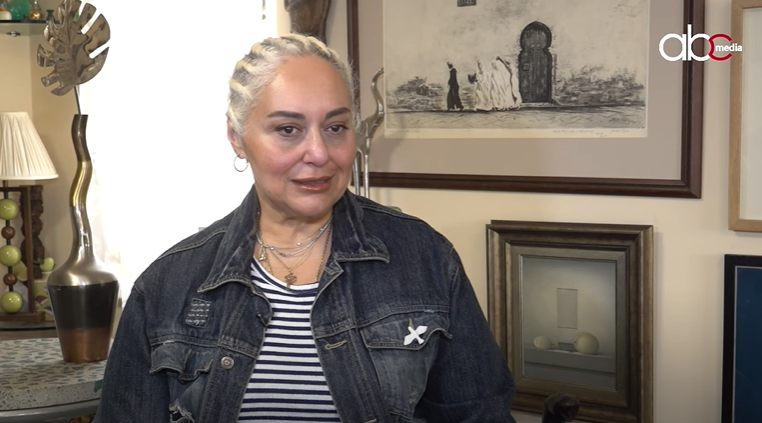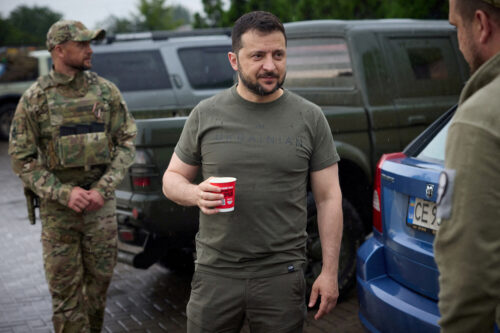
We have never been so robbed of dignity; we have never lived without Artsakh…
ABC Interview’s guest was singer Shushan Petrosyan. We talked about her parents, her childhood, full of family traditions and art, particularly music and literature. All of this has shaped Shushan both as a person and as a singer. Shushan is concerned about the developments taking place around Armenia, but she is sure that we will still see Artsakh as Armenian, that we still have the ability and will to fight.
– Shushan, what is the cultural basis on which your personality has developed?
– My mother would play Bach and Handel, and we had to fall asleep to that music. I say we had to, but falling asleep to Bach and Handel was par for the course with us. I even used to dance to the last act of Gounod’s “Faust”… Moreover, people who were the pillars of Armenian culture were also there. Do you know how many times I danced for Levon Nersisyan, and also for Ara Shiraz, Robert Elibekyan, Varos Shahmuradyan… They are all gone now. They had special traditions with friends. They would come to our place; my dad would make delicious khashlama (Armenian lamb stew); they would make khash (an Armenian dish of boiled cow or sheep parts); and they did all of this just to have a chance to get together.
Classical music played in our house, and also Aznavour… I have always listened to Aznavour: my father had an exclusive collection of vinyl records. Moreover, my grandfather and Aznavour’s father were also comrades in arms, participants in the Resistance movement in France. My grandfather was a national hero of France, a legionnaire.
– Your father probably thought you would become an artist?
– Their argument was a good one: an argument between my singer mom and artist dad. Both secretly dreamed that I would choose their path, but they never forced me. They just gave me as much information as possible and urged me to read, and read, and read again… For example, my uncle Tigran used to ask, “My dear, what are you reading now?” I first read Faulkner on my uncle’s advice when I was 16. He always checked what my sister and I were reading.
– Shushan, once I read that you are from Erzrum and Marash by origin.
– My paternal grandfather, Bardugh Petrosyan, was from Erzrum, and my father’s mother was from Artsakh, Syunik, in a word, from Mountainous Armenia (Lernahayastan). My maternal grandmother was from Marash, and grandfather from Tigranakert. I was born in Yerevan, bearing in me part of them all and preserving the heritage they left behind.
– In general, analysts combine certain things and understand that changes are about to take place, but women also feel these kinds of things. What are you feeling now?
– First, I don’t think Artsakh will remain in captivity. I constantly see Artsakh; I can see the day when we will go back there. We will be witness to that. They say that it will happen in 60, 40, or 80 years; no, there is no such thing. If you want to win, you should be ready for war. Always… Moreover, if you want that victory to last long, you should always be ready for war. We need to get rid of traitors… In this war, in the 44-day war, there were heroic military operations. In all those places and positions where we had patriotic commanders, we succeeded.
They not only kept their positions, but also made an advance. I love the Armenian soldier, and I am proud of the Armenian army. Our army did not lose, it was betrayed, stabbed in the back…
Interview by Lena Gevorgyan


